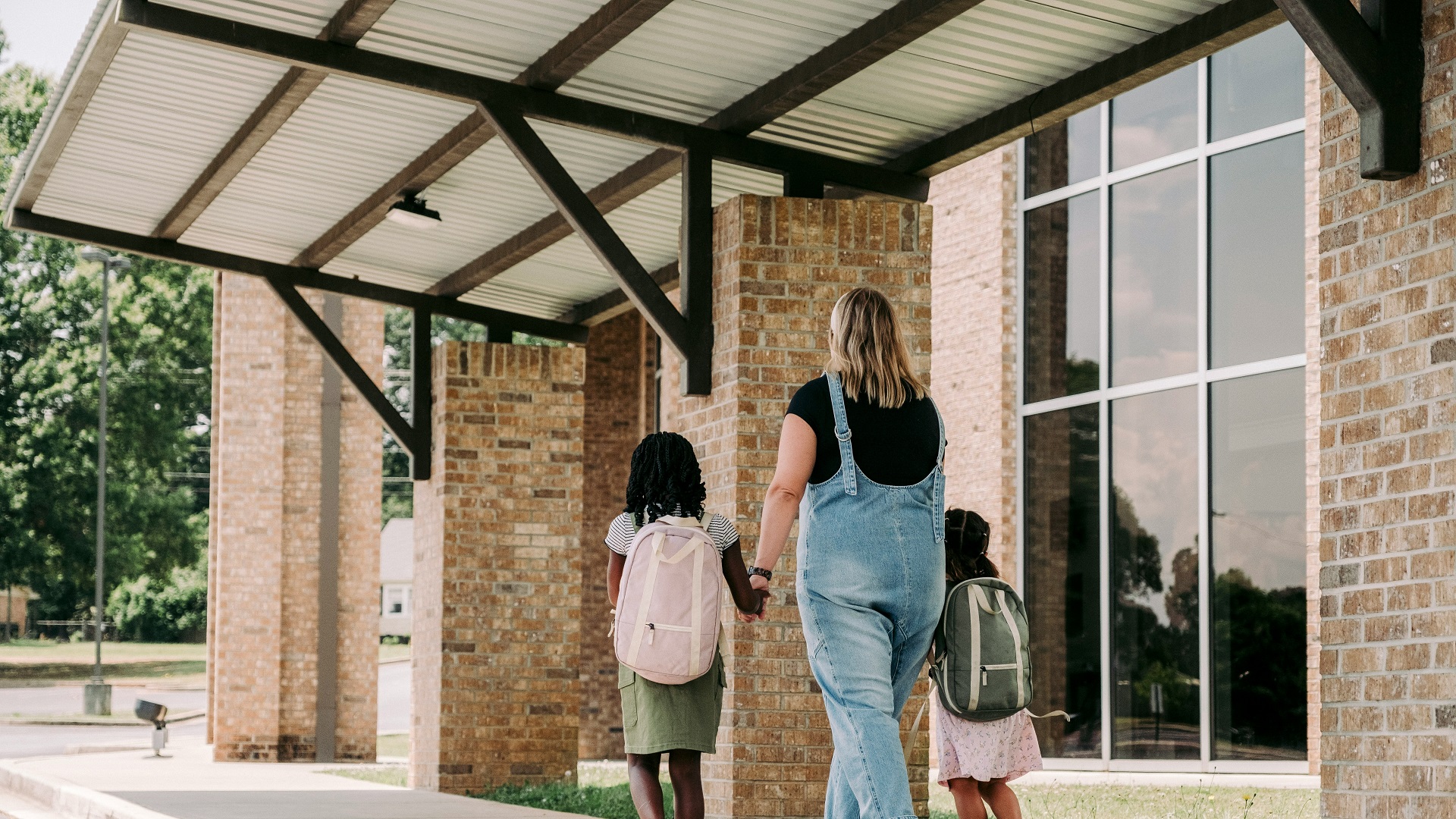South Florida Local News
South Florida school districts embrace new technology and mental health strategies five years after the Covid-19 pandemic reshaped education

South Florida – As South Florida’s schools mark five years since the outbreak of the COVID-19 pandemic, the changes in education are still being felt across classrooms. While the shift to virtual learning was initially jarring for students, parents, and educators, it became clear that the pandemic would forever alter how technology and mental health are handled in local schools. Today, the aftermath of the pandemic is reflected not only in fluctuating academic performance but also in a deeper understanding of the importance of mental health and wellness for students.
One of the most significant impacts of COVID-19 on South Florida’s education system was the rapid integration of technology. In the wake of the pandemic, Miami-Dade County Public Schools (MDCPS) faced the immense challenge of transitioning to online learning. As a result, the district quickly distributed over 168,000 devices and more than 4,000 hotspots to ensure students could continue their education at home. This marked the beginning of a digital shift that would redefine the way teaching and learning took place in the district.
However, as with any major change, the use of technology came with its own set of challenges. Dr. Jose Dotres, Superintendent of MDCPS, describes the impact of technology as a “double-edged sword.” While online learning and the use of artificial intelligence software have enhanced educational experiences, the overreliance on these tools has raised concerns about the long-term effects on students. “Teachers are balancing the act of when to introduce technology and when not,” Dr. Dotres said. “That overreliance on it is not necessarily a positive thing, because as we move into the future, we know that for example students collaborating with each other versus doing isolated individual assignments, is not the avenue of greater personal growth we want to see in them.”
The pandemic’s lessons also highlighted the need for students to develop the skills necessary to use technology ethically and responsibly. “Not only are we teaching students academically the content, we also have to have the responsibility of how to use learning tools ethically and correctly so that they truly expand their level of knowledge,” Dr. Dotres explained.
Beyond technology, the pandemic also placed a spotlight on the importance of mental health in schools. During the height of the pandemic, students were not only dealing with the challenges of remote learning but also coping with isolation, anxiety, and uncertainty. In response, MDCPS took significant steps to expand mental health resources for students. Recognizing that on-site services like school counselors were no longer sufficient to address the growing mental health needs of students, the district began contracting with outside agencies to provide additional counseling and support to both students and their families.
Mental health awareness was similarly amplified in Broward County Public Schools, where Superintendent Dr. Howard Hepburn acknowledges the vital role mental health plays in student success. “Sometimes they just need to get away from their daily stressors when they are walking around and in an environment with a lot of people in the demanding challenges of today’s societies and their need to perform, and sometimes you just need to get away and chill out,” Hepburn shared. In response, Broward County has opened four wellness centers, with plans to build two more across different schools. McNicol Middle School is one of the schools that now has its own wellness center offering students and families access to trained counselors and mental health professionals.
The need for mental health services in schools became even more apparent in January, when Broward’s School Board reviewed student assessments showing that 66% of students scored very low in self-management, self-awareness, and relationship skills. “When our students are in crises or depressed, they are not in a mindset to learn,” Hepburn noted. “So, if we don’t tackle those issues first, our students can’t tackle the quality learning experiences our district provides.”
In addition to the wellness centers, Broward County also introduced a new initiative called the ‘TALK’ app. This exclusive app for students in kindergarten through 12th grade allows them to engage in confidential conversations with mental health professionals, offering another tool to support students in need. Similarly, in Miami-Dade, the district expanded free breakfast and lunch programs, ensuring that all students, regardless of income, could access nutritious meals during the school day.
Both Miami-Dade and Broward counties have also prioritized supporting the broader school community, recognizing that students’ success is closely tied to their families’ well-being. In response, the districts launched platforms like Miami-Dade’s “The Parent Academy” and Broward’s “Parent University.” These programs aim to support parents by providing resources on a range of topics, from managing screen time to promoting mental health and financial literacy. “I think we are understanding as a school district that the equation is not only the child, it is also making sure that we are facilitating the family as well, so that they are supporting the success of that student in that household,” Dr. Dotres explained.
As schools in South Florida look ahead to the future, the changes brought about by the pandemic are likely to remain part of the educational landscape. Technology will continue to play a central role in classrooms, but districts are mindful of its limitations and the importance of balancing digital tools with collaborative, in-person learning experiences. Mental health, too, will remain a top priority, with both districts expanding resources and initiatives to ensure students are equipped to handle the pressures of today’s world.
The pandemic may have reshaped education in ways no one could have predicted, but five years later, South Florida schools are emerging stronger and more aware of the complex needs of their students. As Dr. Hepburn aptly put it, “If we don’t tackle those issues first, our students can’t tackle the quality learning experiences our district provides.” Moving forward, it’s clear that South Florida’s schools are committed to addressing these challenges head-on, ensuring that students have the tools and support they need to thrive academically and emotionally.

-

 Community11 months ago
Community11 months agoPompano Beach Pier: A coastal gem in South Florida
-

 Community11 months ago
Community11 months agoPompano Beach cost of living: Housing costs, gas prices, and required income
-

 Community11 months ago
Community11 months agoDiscover the best of Pompano Beach, Florida: A comprehensive guide to the most popular places to visit
-

 Community11 months ago
Community11 months agoMost popular Pompano Beach marinas: Fishing, boating, and a lot of fun time














